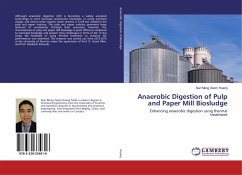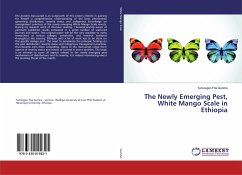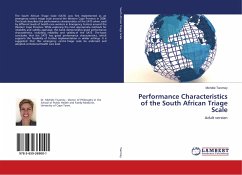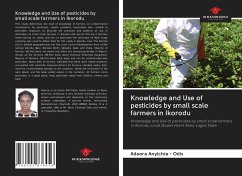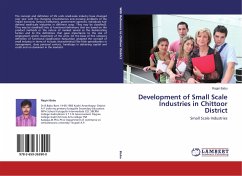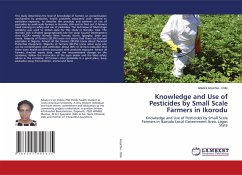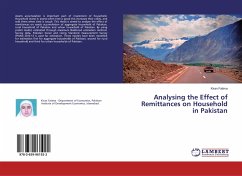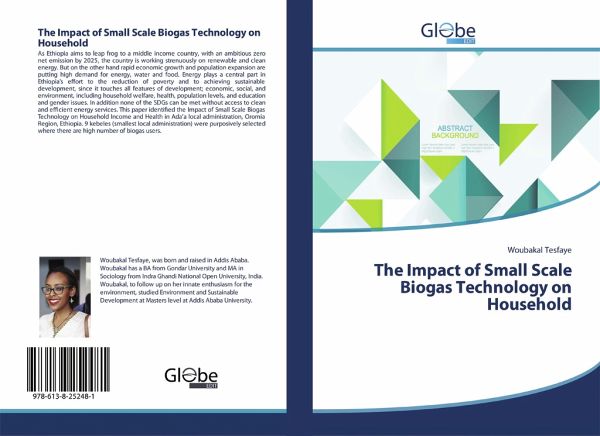
The Impact of Small Scale Biogas Technology on Household
Versandkostenfrei!
Versandfertig in 6-10 Tagen
33,99 €
inkl. MwSt.

PAYBACK Punkte
17 °P sammeln!
As Ethiopia aims to leap frog to a middle income country, with an ambitious zero net emission by 2025, the country is working strenuously on renewable and clean energy. But on the other hand rapid economic growth and population expansion are putting high demand for energy, water and food. Energy plays a central part in Ethiopia's effort to the reduction of poverty and to achieving sustainable development, since it touches all features of development; economic, social, and environment, including household welfare, health, population levels, and education and gender issues. In addition none of t...
As Ethiopia aims to leap frog to a middle income country, with an ambitious zero net emission by 2025, the country is working strenuously on renewable and clean energy. But on the other hand rapid economic growth and population expansion are putting high demand for energy, water and food. Energy plays a central part in Ethiopia's effort to the reduction of poverty and to achieving sustainable development, since it touches all features of development; economic, social, and environment, including household welfare, health, population levels, and education and gender issues. In addition none of the SDGs can be met without access to clean and efficient energy services. This paper identified the Impact of Small Scale Biogas Technology on Household Income and Health in Ada'a local administration, Oromia Region, Ethiopia. 9 kebeles (smallest local administration) were purposively selected where there are high number of biogas users.



